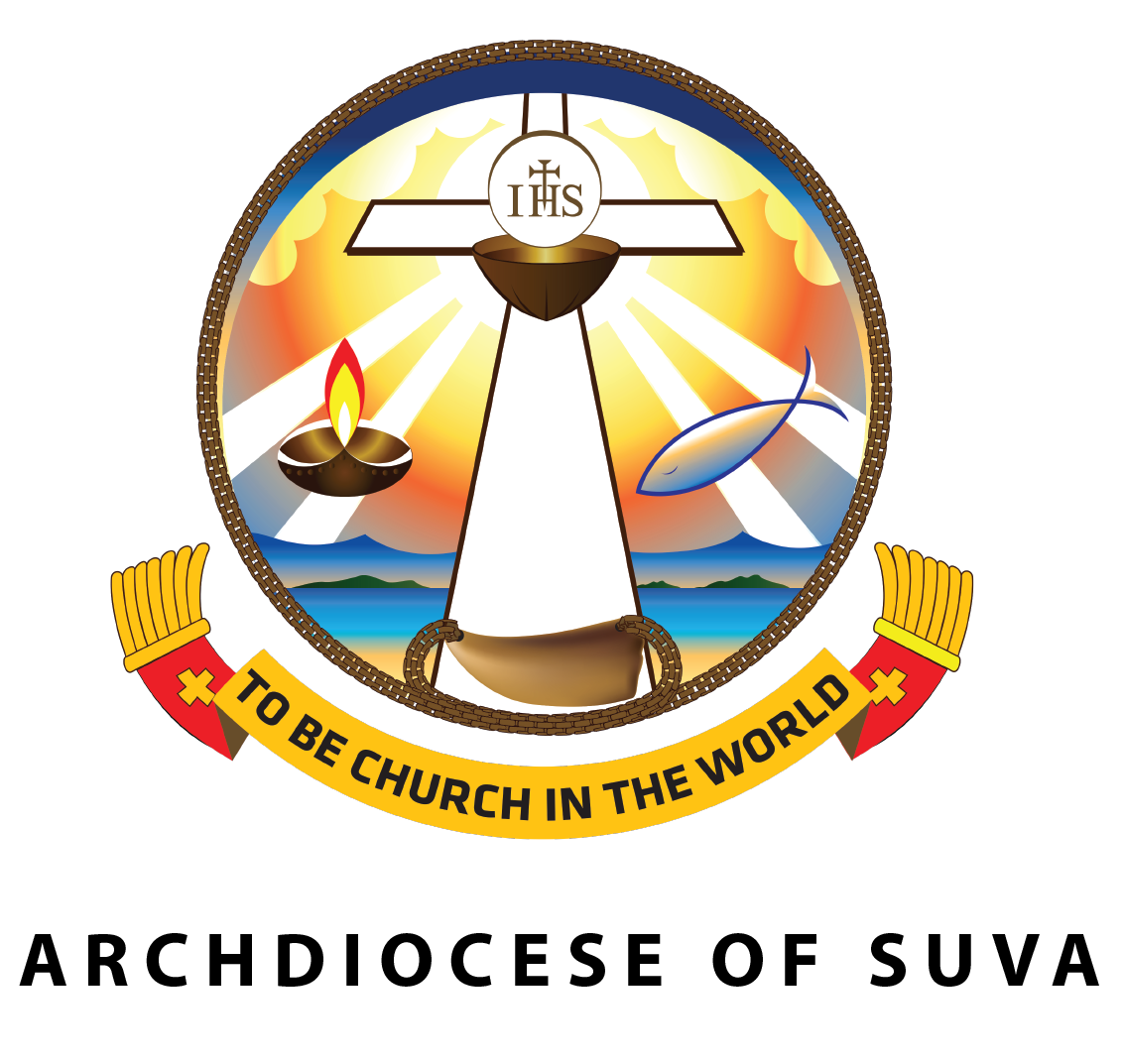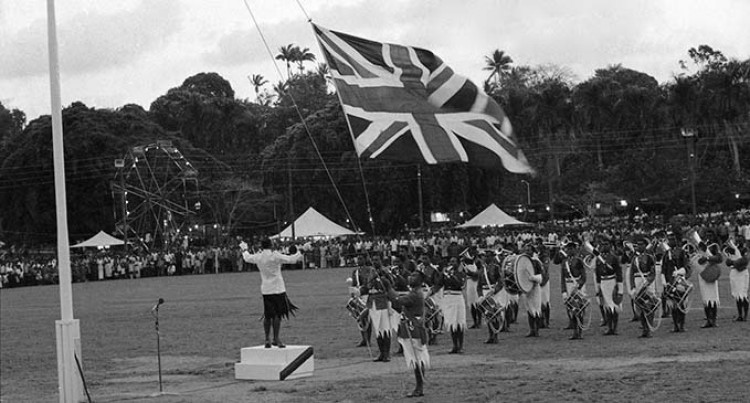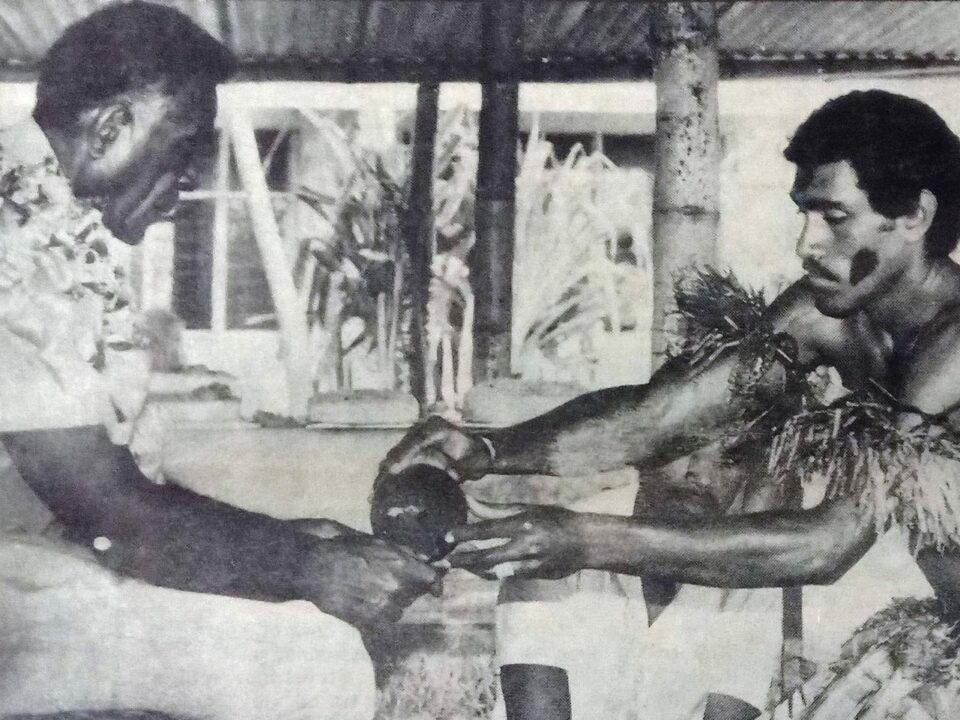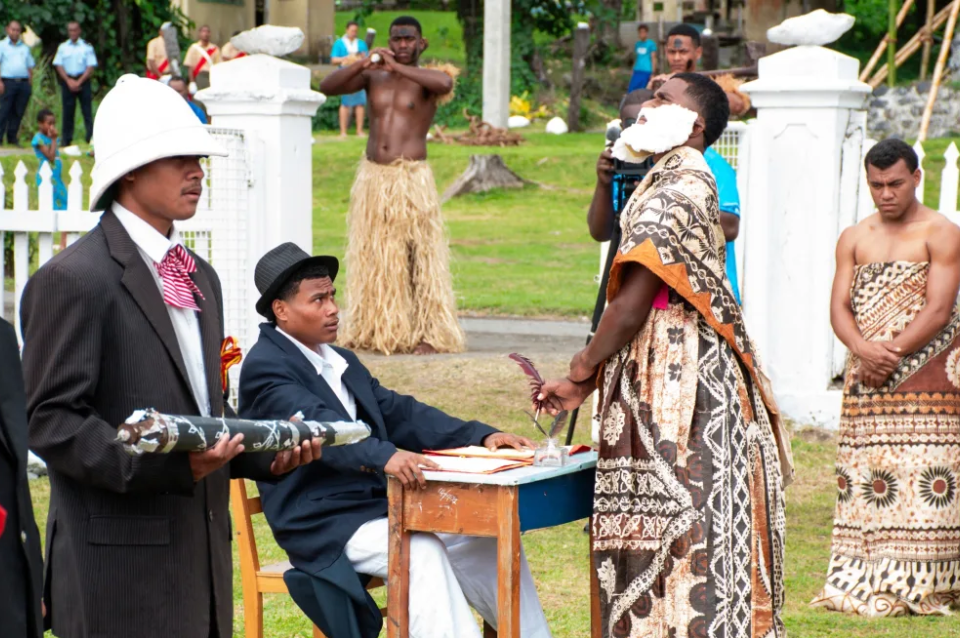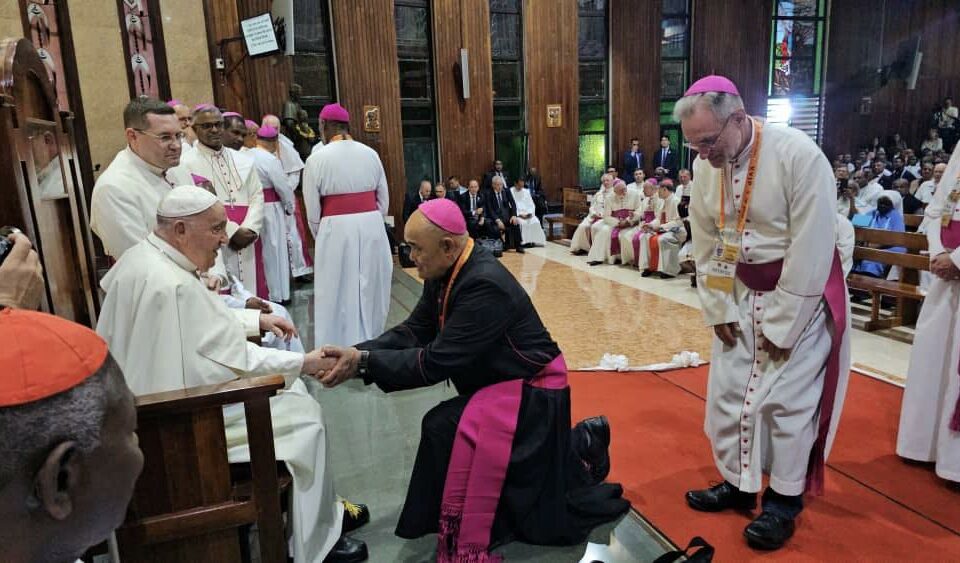Is Fiji truly an independent Nation?
Reflections of Independence by His Grace, The Archbishop Peter Loy Chong:
Are we truly independent or are we still under the British colonial culture. This a question that haunted me after the Fiji Independence celebrations at Albert Park and State House.
I thank the Hon. Mr. Pio Tikoduadua and First Lady Madam Vilomena Katonivere for inviting me to the Fiji 53rd Independence celebrations at Albert Park and at the State House. I feel honored as a Fijian to be invited.
I looked forward to the celebration with bubbling excitement. I wore a Fiji Independence bula shirt to show my Fijian pride. My grand-nephew and I hurried down to Albert Park where we joined my sister and her son. We were one on the first to be seated at the pavilion.
The celebrations started with the military band leading the march downtown to Albert Park. The Chief guests, the Hon. Prime Minister, Mr Sitiveni Rabuka and the President of the Republic of Fiji, His Excellency Ratu Wiliame Katonivere arrived. By this time a thick blue line of Fijian people surrounded Albert Park ground waving their Noble Banner Blue flags. It was a beautiful sight to see many people united under their nation. Around me were
government officials who were enjoying the events as they unfolded. I waited in anticipation for the military parade. The Master of Ceremony announced that the military band will perform the ‘trooping of the colour’ which was last held in 1998.
TROOPING OF THE COLOR
What is the ‘trooping of the colour’? The master of ceremonies explained that the military used these coloured flags so that soldiers could easily spot their unit when they were on the battlefield, because it used to be quite easy to get lost in battle. Keeping an eye out for their own regiment was an easy way to keep everyone together. My further reading shows that historically, the ‘trooping of the colours’ became part of the celebration of the
British Monarch’s birthday for over 260 years. Every June, there is a public celebration of the reigning monarch official birthday called Trooping the Color.
I watched in anticipation as the trooping of the colour was performed. As I watched, a feeling of disappointment swelled up within me as I tried to make the connection between the trooping of the colours and Fiji Independence Day. I began jotting down my observation, thoughts, and feelings on my phone.
My thoughts: What is the significance of the military parade ‘trooping of the color’ got to do with independence? We are celebrating independence, but we are still doing something that belongs to the British colonial era. Where is the Fiji independence story? Have we really moved beyond British colonialism to independence?
My feelings: I was frustrated and disappointed that we are denying our younger generation of Fiji’s history.
BEATING RETREAT
In the evening I attended the Independence reception at the State House. One the main events of the reception was the ‘Beating Retreat’. The Beating Retreat is a military ceremony that dates to an order given to the army of James II of England in 1690 in the early days of organised warfare. The troops beat drums and paraded the streets to mark the end of a day of combat, as well as lowering the flags and closing the gates. The beating of drums is where the name beating retreat comes from. I looked forward to hearing some stories or speeches on Fiji Independence. The guests were mostly diplomatic core personnel, government officials, and military officials. Where are the Fijian people. I thought this was a Fiji Day celebration. I was disappointed and did not stay long.
THE FIJIAN AMNESIA
There is something very important missing from our Fiji Independence Celebration, namely the colonial to independence transition story. Amnesia is a loss of memory. Pope Francis said that a society without a memory is heading for disaster.
Historians state that history can have a profound effect on our sense of ourselves. History tells us how we might live in the world today and not repeat the mistakes of the past. Some have said that history for a society is like memory for an individual. Without memory, the individual is isolated, cut off from where he has been and who he is. History gives us a sense of where we have come from and how we became what we are. A historical awareness gives us the best guide for shaping the present and the future.
The renowned theologian, Helmut Richard Niebuhr stated: “where common memory is lacking, where men (sic)do not share in the same past there.
can be no real community, and where community is to be formed common memory must be created. The measure of our distance from each other in our nations and our groups can be taken by noting the divergence, the separateness and the lack of sympathy in our social memories. Conversely, the measure of our unity is the extent of our common memory.”
I have a humble request to the organizers of Fiji Independence Day that for the 54 th Fiji Day Independence Day Celebration include some of the following:
Include stories of colonialism and independence.
Re-writing Fijian history
Include local (meke, poetry, stories) entertainment especially in the main part of the
program.
Most important, make it a real Fijian independent experience.
GOD BLESS FIJI.
